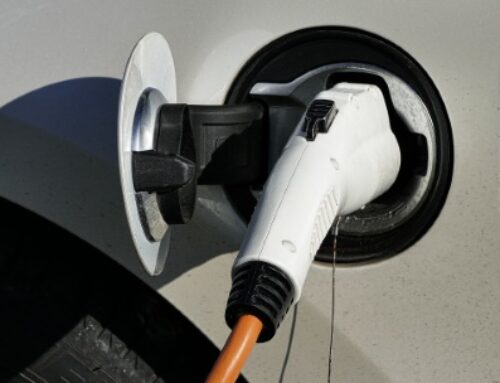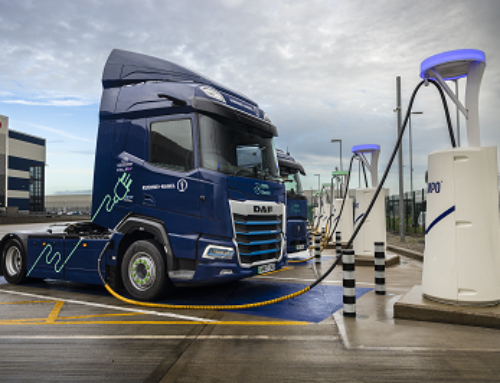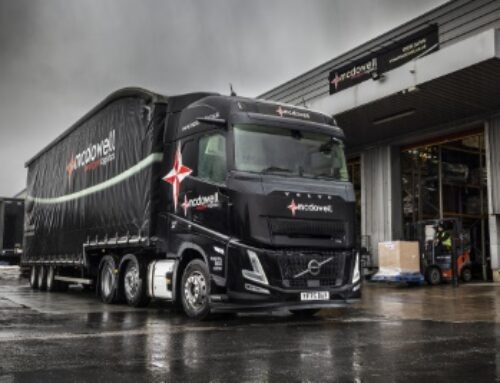Survey: global vehicle emissions deadlines ‘unattainable’
More than half of key experts working with the world’s vehicle manufacturers questioned in a recent survey believe that the current legislative timetable for transitioning to electric vehicles is unattainable.
Industry publication Automotive Manufacturing Solutions commissioned a survey sponsored by ABB Robotics which showed that 59 per cent of respondents believed targets could not be met.
The research appears to stand in stark contrast to a 2020 statement made by the ‘seven sisters’ of the European truck industry suggesting that diesel truck production could be phased out by 2040, 10 years ahead of legislative requirements, and perhaps indicates growing realism about the scale of the task ahead.
The survey gauged the views of nearly 600 global industry experts in engineering and management roles with vehicle manufacturers and suppliers, and other key automotive industry professionals.
Although 28 per cent did believe that the deadlines were achievable, they also suggested this would entail significant challenges, while 18 per cent thought present targets would never be met.
Furthermore, only 11 per cent felt that all regional targets for EV adoption by 2030- 2040 were realistic.
19 per cent of respondents cited the challenges of adapting to a new battery supply chain as a key barrier, and 16 per cent identified concerns regarding the high levels of capital investment that would be needed.
The single biggest constraint to EV adoption, as identified by more than a quarter of respondents to the survey, was the lack of charging infrastructure. Meanwhile 17 per cent cited high vehicle prices as the principal obstacle to growth in the EV sector.
The survey covered the entire automotive industry, but most of the problems outlined, particularly battery supply, charging grid support, and vehicle cost, are actually more serious for the truck sector than they are for passenger cars.
Daniel Harrison, an analyst at Automotive Manufacturing Solutions, said: “The survey confirms…that manufacturing is under strain and disrupted supply chains are under considerable stress.
“This is likely to be the ‘new never normal’, which poses considerable challenges to how quickly the industry can transition to electrification and also wider manufacturing sustainability targets, especially during a period of great economic uncertainty.
“Furthermore, within that context, challenges remain in the availability and cost of labour and how quickly large workforces can be reskilled.”
Meanwhile, the Society of Motor Manufacturers & Traders (SMMT) has said that the UK’s ability to compete as an EV production leader is ‘at risk’ unless the government responds to ‘increasingly fierce’ international competition.
The industry body has published a new blueprint setting out the UK’s strengths in advanced automotive manufacturing, low carbon energy, and R&D.
It also stresses the need for a response to initiatives such as the US Inflation Reduction Act (IRA) and EU Green Deal Industrial Plan.
Its blueprint sets out a Green Automotive Transformation strategy which identifies investment, regulation and trade as the key pillars to anchor future vehicle production.
De-risking private capital with more competitive incentives and action on energy costs, with support for the next British ‘unicorns’ in batteries and renewables, will stimulate greater investment in EV enterprises, the SMMT said.













